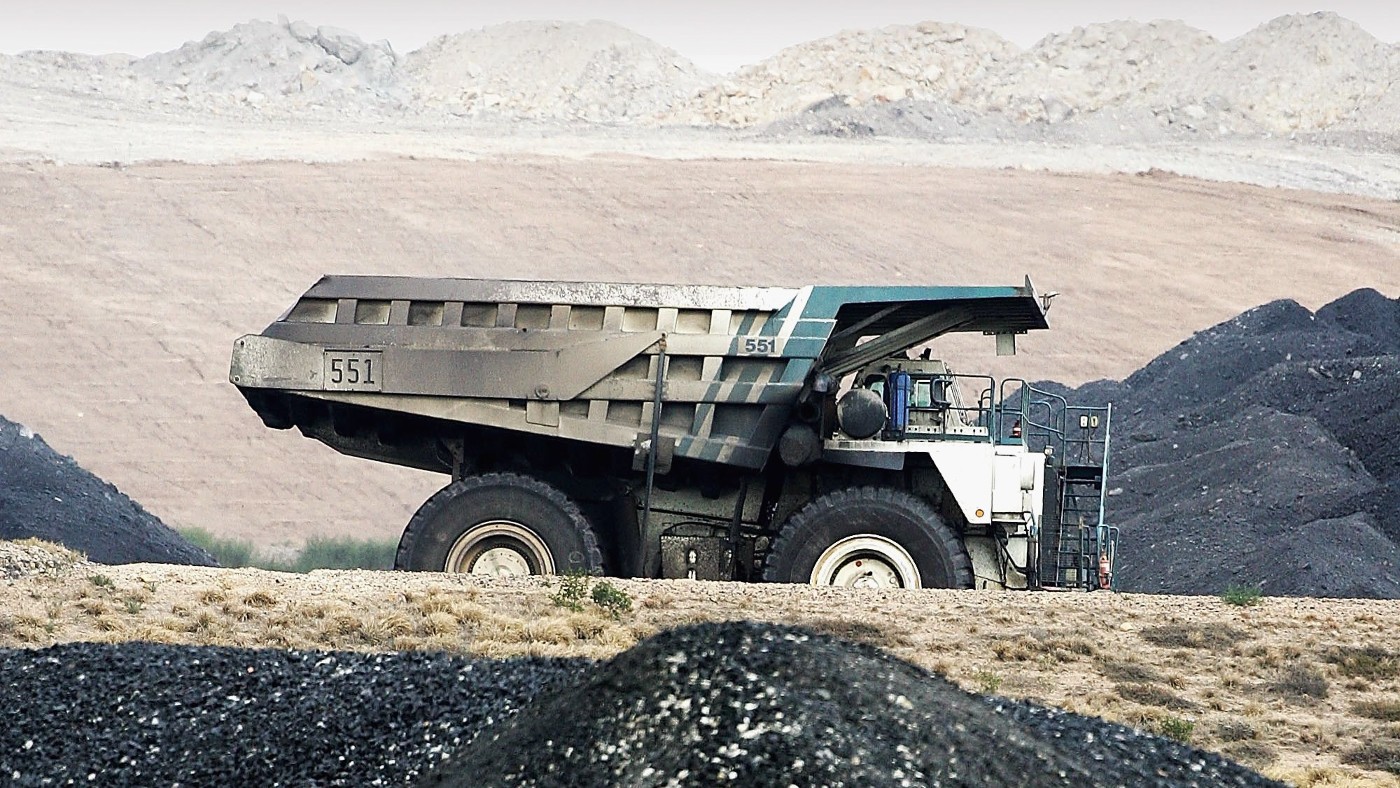BHP: London’s lost bauble
Anglo-Australian mining giant is shifting its primary stock-listing to Sydney

A free daily email with the biggest news stories of the day – and the best features from TheWeek.com
You are now subscribed
Your newsletter sign-up was successful
Bad news for the FTSE 100, said Neil Hume in the Financial Times. The UK blue-chip index “is set to lose its biggest company”. The £137bn Anglo-Australian mining giant BHP is ditching its “dual-corporate structure”, which currently sees it listed as two separate companies on the London and Sydney stock exchanges, and shifting its “primary stock-listing to Australia”.
The move marks “the most radical overhaul” to BHP’s business since it was formed in a merger two decades ago, said August Graham on PA Media. Some investors, notably the activist New York-based hedge fund Elliott Advisors, have been pushing for this “for years”, as a means of unlocking billions in value.
Yet BHP’s already in the money, said Hume in the FT. This year’s commodities boom has delivered soaring profits of US$24.6bn, enabling it to deliver “a record final dividend” of $10.1bn. Moreover, CEO Mike Henry is making good progress shifting focus towards in-demand metals like copper and nickel, and “green commodities” – this week confirming a plan to merge BHP’s oil and gas business with Australia’s Woodside.
The Week
Escape your echo chamber. Get the facts behind the news, plus analysis from multiple perspectives.

Sign up for The Week's Free Newsletters
From our morning news briefing to a weekly Good News Newsletter, get the best of The Week delivered directly to your inbox.
From our morning news briefing to a weekly Good News Newsletter, get the best of The Week delivered directly to your inbox.
The shift Down Under could yet hit a pothole. In 2018, the Anglo-Dutch giant Unilever dropped a comparable “unification” scheme involving relocation to Rotterdam, following pressure from London shareholders. A similar rebellion may now be fermenting over BHP. “For UK investors this sucks,” complained one investor. “This is a fantastic company.”
A free daily email with the biggest news stories of the day – and the best features from TheWeek.com
-
 6 of the world’s most accessible destinations
6 of the world’s most accessible destinationsThe Week Recommends Experience all of Berlin, Singapore and Sydney
-
 How the FCC’s ‘equal time’ rule works
How the FCC’s ‘equal time’ rule worksIn the Spotlight The law is at the heart of the Colbert-CBS conflict
-
 What is the endgame in the DHS shutdown?
What is the endgame in the DHS shutdown?Today’s Big Question Democrats want to rein in ICE’s immigration crackdown
-
 Currencies: Why Trump wants a weak dollar
Currencies: Why Trump wants a weak dollarFeature The dollar has fallen 12% since Trump took office
-
 Elon Musk’s starry mega-merger
Elon Musk’s starry mega-mergerTalking Point SpaceX founder is promising investors a rocket trip to the future – and a sprawling conglomerate to boot
-
 TikTok: New owners, same risks
TikTok: New owners, same risksFeature What are Larry Ellison’s plans for TikTok US?
-
 Will SpaceX, OpenAI and Anthropic make 2026 the year of mega tech listings?
Will SpaceX, OpenAI and Anthropic make 2026 the year of mega tech listings?In Depth SpaceX float may come as soon as this year, and would be the largest IPO in history
-
 Leadership: A conspicuous silence from CEOs
Leadership: A conspicuous silence from CEOsFeature CEOs were more vocal during Trump’s first term
-
 Ryanair/SpaceX: could Musk really buy the airline?
Ryanair/SpaceX: could Musk really buy the airline?Talking Point Irish budget carrier has become embroiled in unlikely feud with the world’s wealthiest man
-
 Powell: The Fed’s last hope?
Powell: The Fed’s last hope?Feature Federal Reserve Chairman Jerome Powell fights back against President Trump's claims
-
 Taxes: It’s California vs. the billionaires
Taxes: It’s California vs. the billionairesFeature Larry Page and Peter Thiel may take their wealth elsewhere